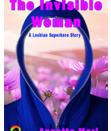Funny Words
The one subgenre I’ve yet to master is romantic comedy. Although some readers have reported on my sense of humor in books, even noting several laugh-out-loud moments, I believe that romantic comedies are the hardest to pull off. I can think of only a handful of sapphic authors who execute this subgenre with perfection. Recently, I listened to another interesting podcast on NPR about the use of certain words that generate laughter. Of course, I was fascinated enough to do more research on this. As writers, we tend to gravitate toward certain words, sometimes even having our favorite funny word. Mine is dicknob. Especially when hurling an insult at a particularly horrid character. Here’s the thing, Professor Chris Westerbury actually conducted a study, more recently published in the Journal of Experimental Psychology, to determine what makes some words funnier than others. Here’s what I learned about that research.
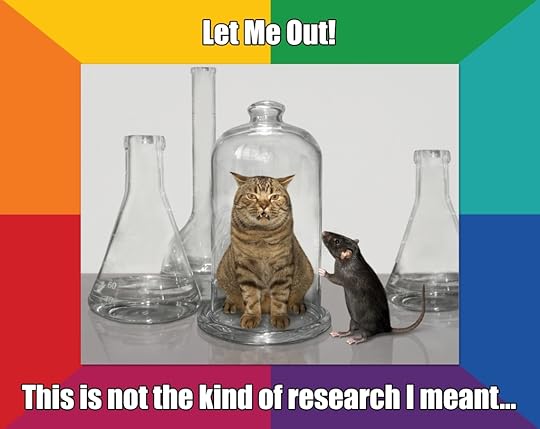 A prior study he conducted concluded that part of a word’s funniest was a result of something called incongruity theory-“the idea that something becomes funnier the more it subverts your expectations.” This earlier study asked students to rate made-up words that were computer-generated. Words like: “snunkoople,” “hablump” and “jumemo” — were consistently rated funniest because they were words that looked the least like known English words.Another factor in how funny a non-word is perceived to have a dirty connotation, such as: “whong,” “dongl” and “focky”. I suppose that is why dicknob is funny to me! Perhaps that is how twatwaffle became so popular and is now accepted slang.In Westbury’s newest study, he looked at actual words versus computer-generated nonwords. Looking specifically at the highest-rated words and lowest-rated words, a pattern began to emerge. The lowest-rated words were those with negative meanings connected to things like murder, rape, attacks, violence, and harassment. However, words related to sex, bodily functions, insults, animals, and partying received the highest ratings.The top five funniest words were: Upchuck, bubby, boff, wriggly, and yaps. Can you tell the study was done in the UK? I wonder if the top five words would be dramatically different in the US? I suspect they would.Specific letters, especially with non-words also play a part in humor. Words with relatively uncommon letters — like k, j, and y — consistently appeared funny. The single funniest vowel sound was /u/, as in “guffaw,” “humph” and “lummox.” The perfect funny word is “a short, infrequent word composed of uncommon letters,” and has a meaning that is “human and insulting, dirty, diminutive and/or related to good times.”Next on the horizon is searching for word pairs that reach the top of the humor scale. They have some ideas on what those might include “toothy weasel, muzzy muffin, and fizzy turd.” And the final frontier will be entire jokes. So how funny a joke like, “how many writers does it take to change a lightbulb,” will depend on if those writers are farting while changing said bulb.
A prior study he conducted concluded that part of a word’s funniest was a result of something called incongruity theory-“the idea that something becomes funnier the more it subverts your expectations.” This earlier study asked students to rate made-up words that were computer-generated. Words like: “snunkoople,” “hablump” and “jumemo” — were consistently rated funniest because they were words that looked the least like known English words.Another factor in how funny a non-word is perceived to have a dirty connotation, such as: “whong,” “dongl” and “focky”. I suppose that is why dicknob is funny to me! Perhaps that is how twatwaffle became so popular and is now accepted slang.In Westbury’s newest study, he looked at actual words versus computer-generated nonwords. Looking specifically at the highest-rated words and lowest-rated words, a pattern began to emerge. The lowest-rated words were those with negative meanings connected to things like murder, rape, attacks, violence, and harassment. However, words related to sex, bodily functions, insults, animals, and partying received the highest ratings.The top five funniest words were: Upchuck, bubby, boff, wriggly, and yaps. Can you tell the study was done in the UK? I wonder if the top five words would be dramatically different in the US? I suspect they would.Specific letters, especially with non-words also play a part in humor. Words with relatively uncommon letters — like k, j, and y — consistently appeared funny. The single funniest vowel sound was /u/, as in “guffaw,” “humph” and “lummox.” The perfect funny word is “a short, infrequent word composed of uncommon letters,” and has a meaning that is “human and insulting, dirty, diminutive and/or related to good times.”Next on the horizon is searching for word pairs that reach the top of the humor scale. They have some ideas on what those might include “toothy weasel, muzzy muffin, and fizzy turd.” And the final frontier will be entire jokes. So how funny a joke like, “how many writers does it take to change a lightbulb,” will depend on if those writers are farting while changing said bulb.
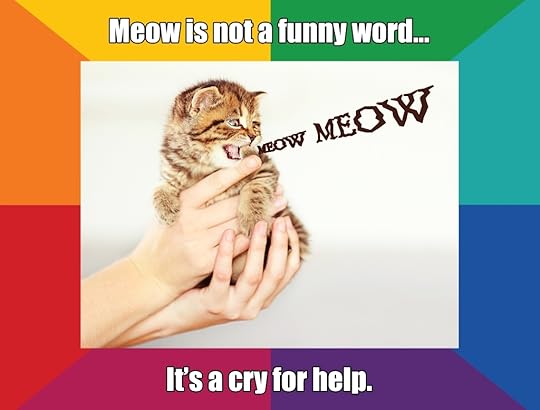
I have a tendency to make up words, particularly ones that are funny to me. If you’d like to explore what has been laugh-out-loud funny to some readers and see if it fits what the researchers learned, feel free to click on the links below.
Just released on KU: action-packed dystopian romance, The Others!
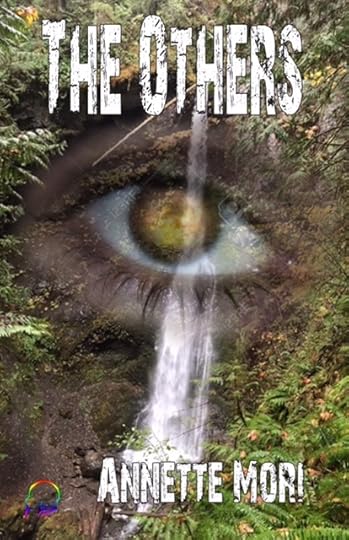
Brand New Audibles just released….
Book Addict Audible US Book Addict Audible UK Book Witch Audible US Book With Audible UK
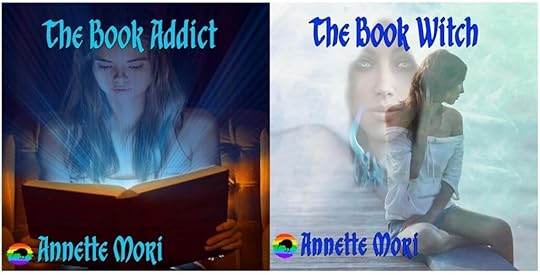
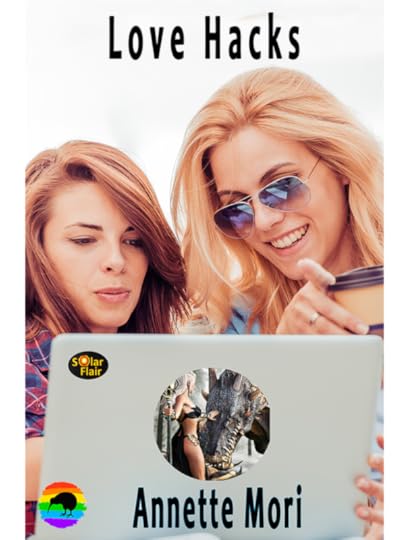
Where it all began….
Buy the audible of The Organization Buy the audible of Asset Management
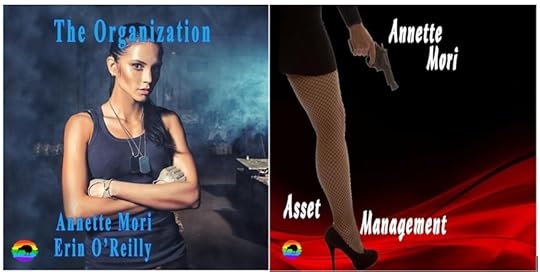
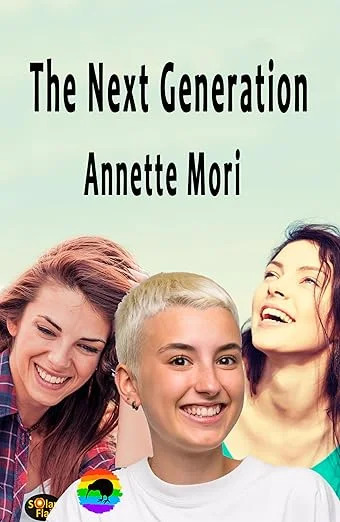
Books in Audible:
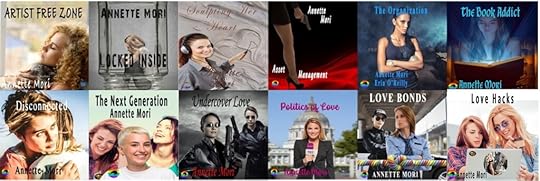 Books In Kindle Unlimited (KU)
Books In Kindle Unlimited (KU)

Proud to be an Affinity Rainbow Publications author!

